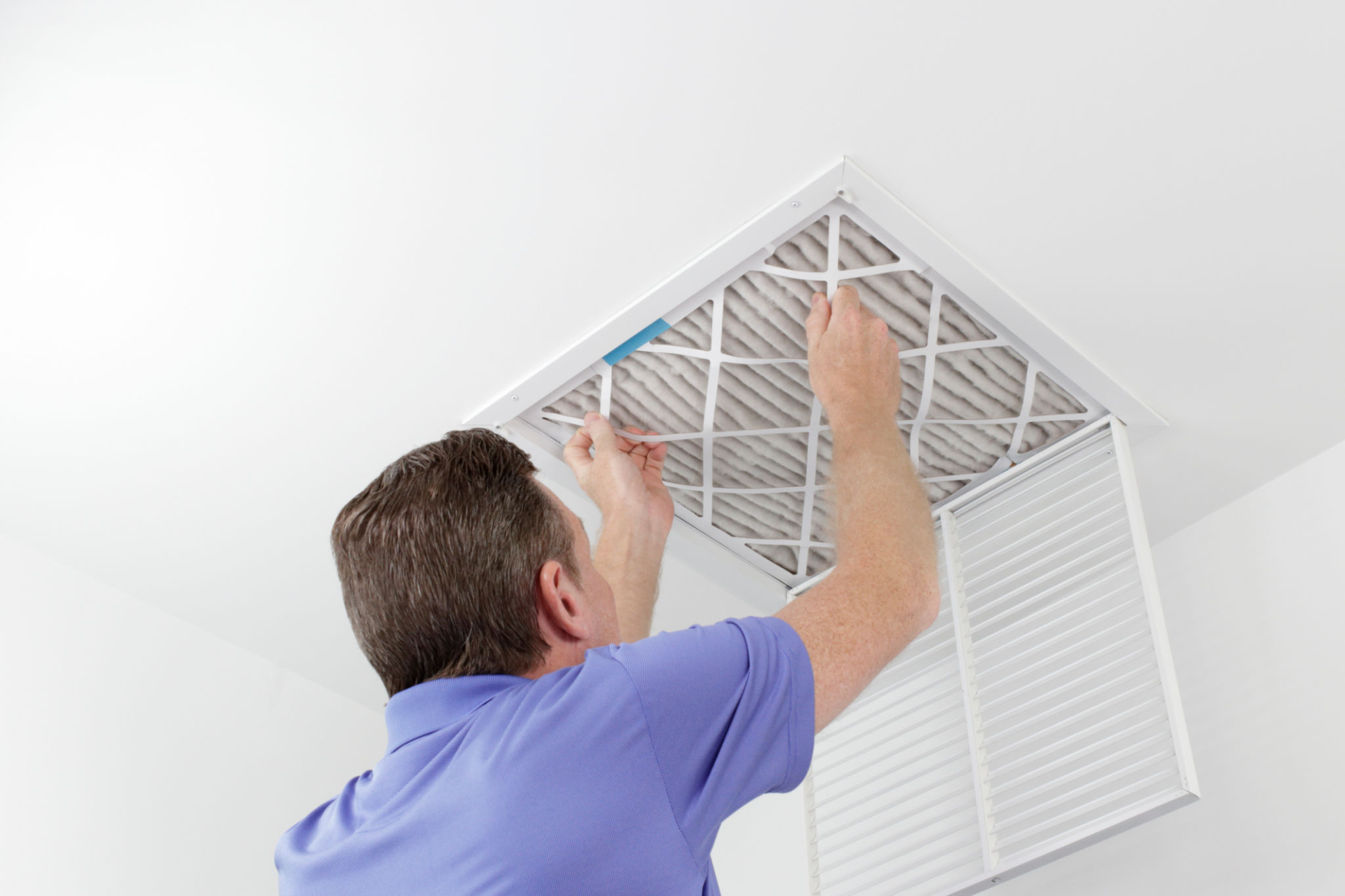Expert Tips for Maintaining Your Compressed Air Systems
Understanding the Importance of Regular Maintenance
Compressed air systems are essential components in many industrial and commercial applications. Ensuring they are well-maintained not only prolongs their lifespan but also enhances their efficiency and reduces energy costs. Regular maintenance is the key to preventing unexpected breakdowns and costly repairs.
By following a structured maintenance plan, businesses can increase the reliability of their compressed air systems. It's important to understand that maintenance isn't just about fixing problems as they arise but about taking proactive measures to prevent them.

Daily and Weekly Checks
To keep your compressed air systems running smoothly, it's crucial to perform daily and weekly checks. These regular inspections help identify potential issues before they become major problems. Key tasks include checking for leaks, monitoring pressure levels, and ensuring that all safety devices are operational.
Additionally, it's important to drain any moisture or condensate from the system daily. Accumulated moisture can lead to corrosion and other significant issues if not addressed promptly.
Monthly Maintenance Tasks
Monthly maintenance tasks provide an opportunity for a more thorough inspection of your compressed air systems. During these checks, focus on cleaning or replacing air filters. Dirty filters restrict airflow, forcing the system to work harder and consume more energy.

Inspecting the belts and pulleys for wear and proper tension is also crucial. Worn or loose belts can lead to inefficiencies and increased operating costs. Regular lubrication of moving parts helps reduce friction and wear, ensuring smooth operation.
Quarterly and Annual Inspections
Quarterly inspections should include a comprehensive review of the system's performance metrics, such as airflow rates and pressure levels, to ensure they meet the required specifications. Additionally, check the electrical connections for any signs of wear or damage.
Annually, it's advisable to conduct a full system audit, preferably by a professional technician. This audit should include a thorough examination of all components, testing for system efficiency, and recalibration of controls if necessary. Such detailed inspections help maintain optimal performance and extend the system's lifespan.

Energy Efficiency Considerations
One of the benefits of regular maintenance is improved energy efficiency. Compressed air systems are often significant energy consumers in industrial settings. By maintaining a clean and well-functioning system, businesses can reduce energy consumption and lower their utility bills.
Implementing energy-saving measures, such as heat recovery systems and variable speed drives, can further enhance efficiency. These technologies can provide substantial savings over time while also reducing the environmental impact of your operations.
Training and Staff Involvement
Proper training for staff involved in operating and maintaining compressed air systems is crucial. Well-trained employees can identify potential issues early and respond appropriately, preventing downtime and costly repairs.

Encourage ongoing education and provide resources for staff to stay informed about the latest industry practices and technologies. A knowledgeable team is one of your best assets in maintaining efficient and reliable compressed air systems.
Conclusion
Maintaining your compressed air systems is not just about keeping them running but optimizing their performance for maximum efficiency. By committing to regular maintenance schedules, investing in energy-saving technologies, and ensuring staff are well-trained, you can ensure your systems remain reliable and cost-effective for years to come.
